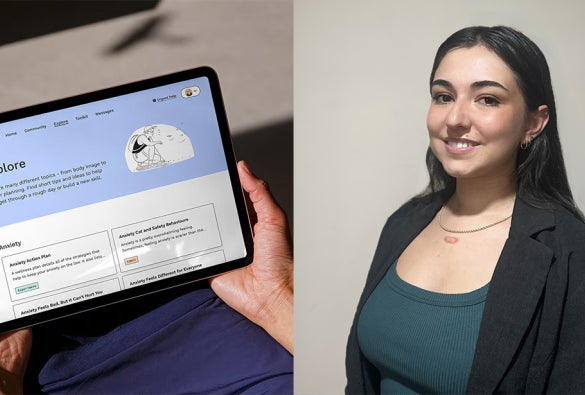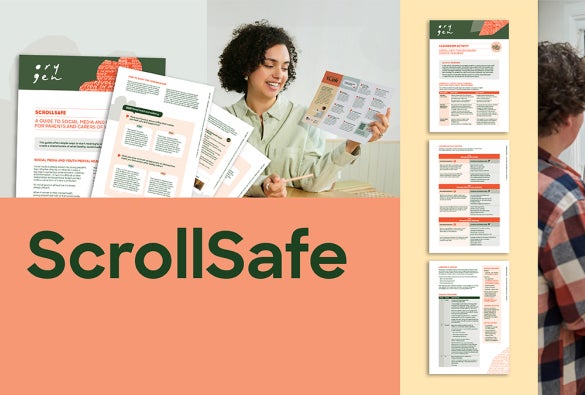Unit code: HNO7011
Credit points: 12
This unit develops students' knowledge and skills to ethically support consumer-centred medication management for people who experience symptoms of mental illness. Students will critically review psychopharmacological treatments across the lifespan. Students will also examine the major drug groups of psychotropic medicines, including the pharmacokinetics and pharmacodynamics; and assess and analyse the actions of drugs on physiological, biochemical, and pathophysiological processes. Learning also includes an examination of drug interactions, side effects, the misuse of psychotropic medications, and the broader impact of psychopharmacological interventions on individuals, their families or carers. Finally, students investigate the efficacy of brain stimulation therapies.
On successful completion of this unit, students will be able to:
- Scrutinise the concept of ethical, consumer-centred medication management for people who experience symptoms of mental illness;
- Evaluate the major drug groups used to treat mental illness, including the mode of action of the medicine, dosing, adverse effects, variability, drug interactions, drug misuse, and side effects;
- Critically analyse the core concepts of drug absorption, distribution, metabolism, and excretion, in the context of evidence-based mental health practice;
- Assess and explicate the key issues associated with psychopharmacological interventions for individuals, families, and communities, including managing the adverse effects of these therapies; and
- Justify the efficacy of brain stimulation therapies.
Poster: Overview of psychopharmacology treatment for mental health conditions (500 words) - 10%
Report: Applying principles of pharmacology to your mental health practice (2500 words) - 50%
Presentation: Case study analysis of ethical person-centred care and the implementation of brain stimulation therapies (10 minutes/2000 words equivalent) - 40%





